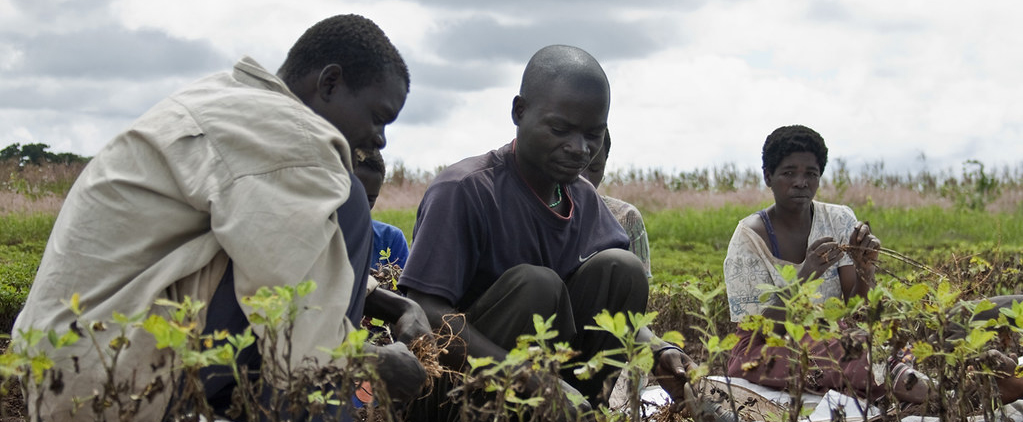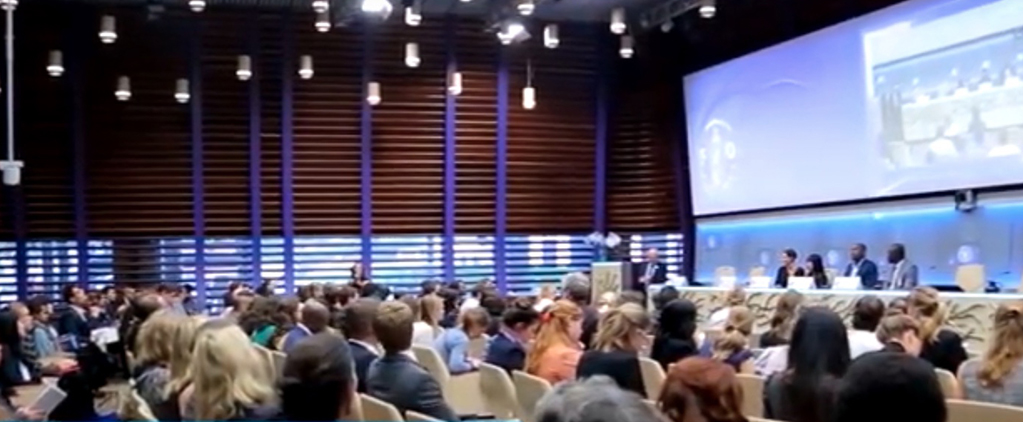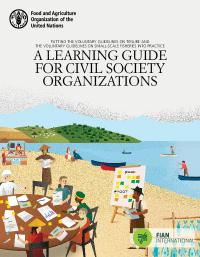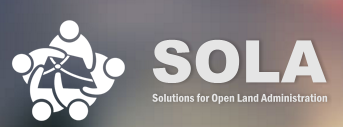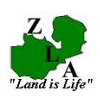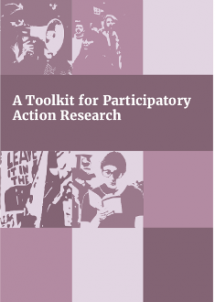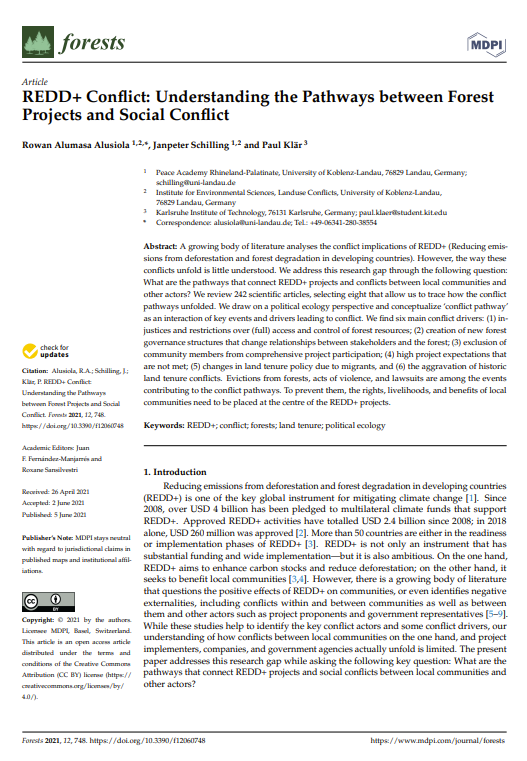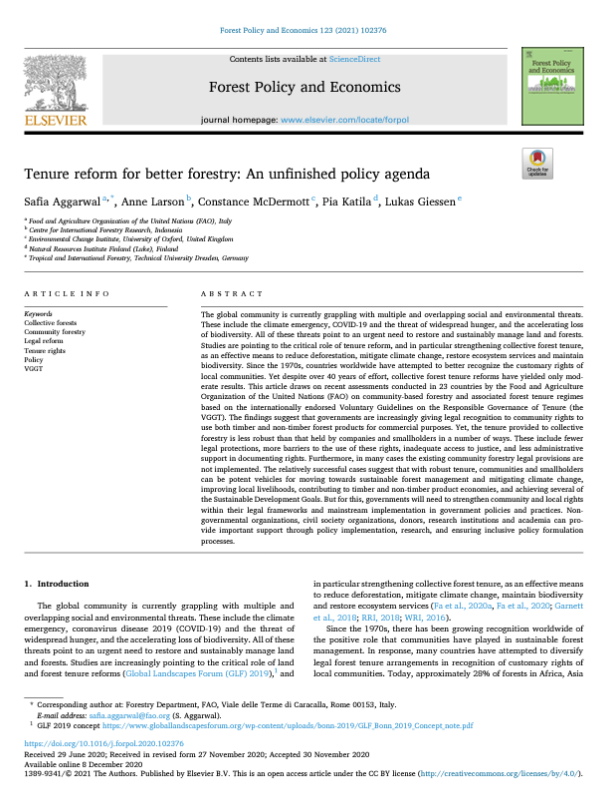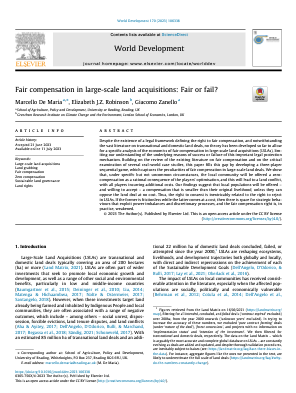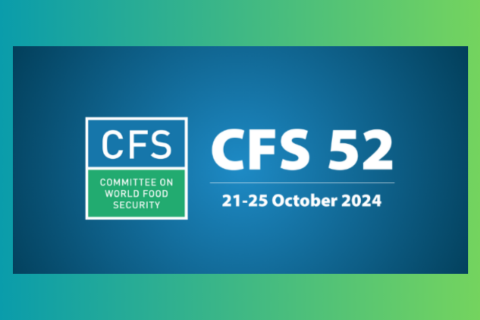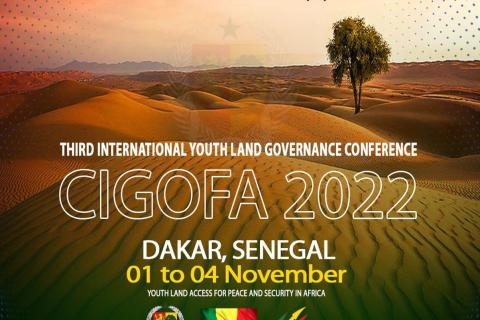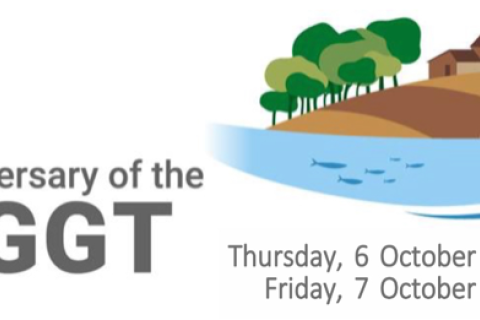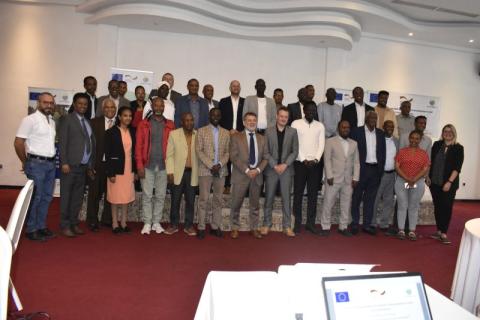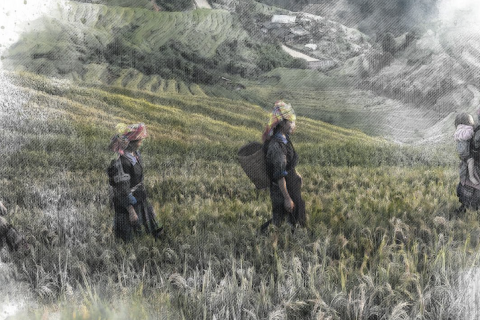Organisations
Solutions for Open Land Administration
Solutions for Open Land Administration (SOLA)
In December 2012, the Food and Agriculture Organization of the United Nations (FAO) successfully concluded the Solutions for Open Land Administration (SOLA) project. The 2.5 year project was funded by the Government of Finland and dedicated to implementing an open source computerised cadastre and registration system that is both affordable and sustainable in the context of developing countries.


